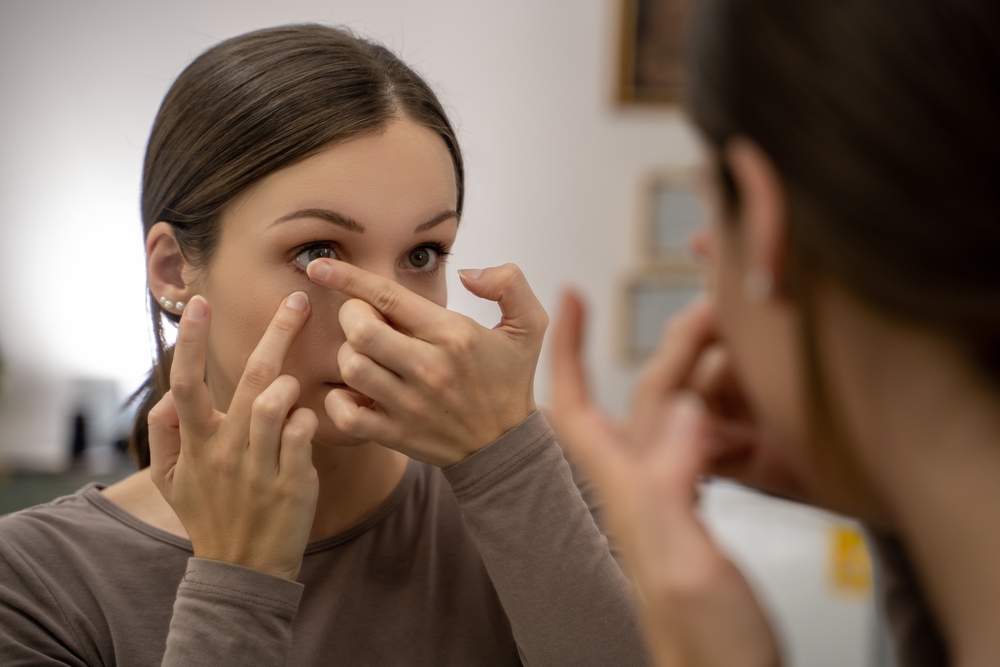Contact Lens Fittings
At McMillin Eyecare, we understand that choosing the right contact lenses can transform your daily life. Dr. Billy McMillin and our team of optometry professionals provide personalized contact lens services designed to match your unique vision needs, lifestyle preferences, and eye health requirements. We’re proud to help patients find lenses that offer clear, comfortable vision with confidence.
Our contact lens department at McMillin Eyecare offers our patients the latest products in contact lens technology and materials. Our doctors and specialists of the contact lens department are experienced in the fitting and care of the newest designs to maximize vision and comfort for contact wearers. We offer 1 day, 2 week and 1 month lenses to correct farsightedness and nearsightedness, astigmatism and presbyopia.




